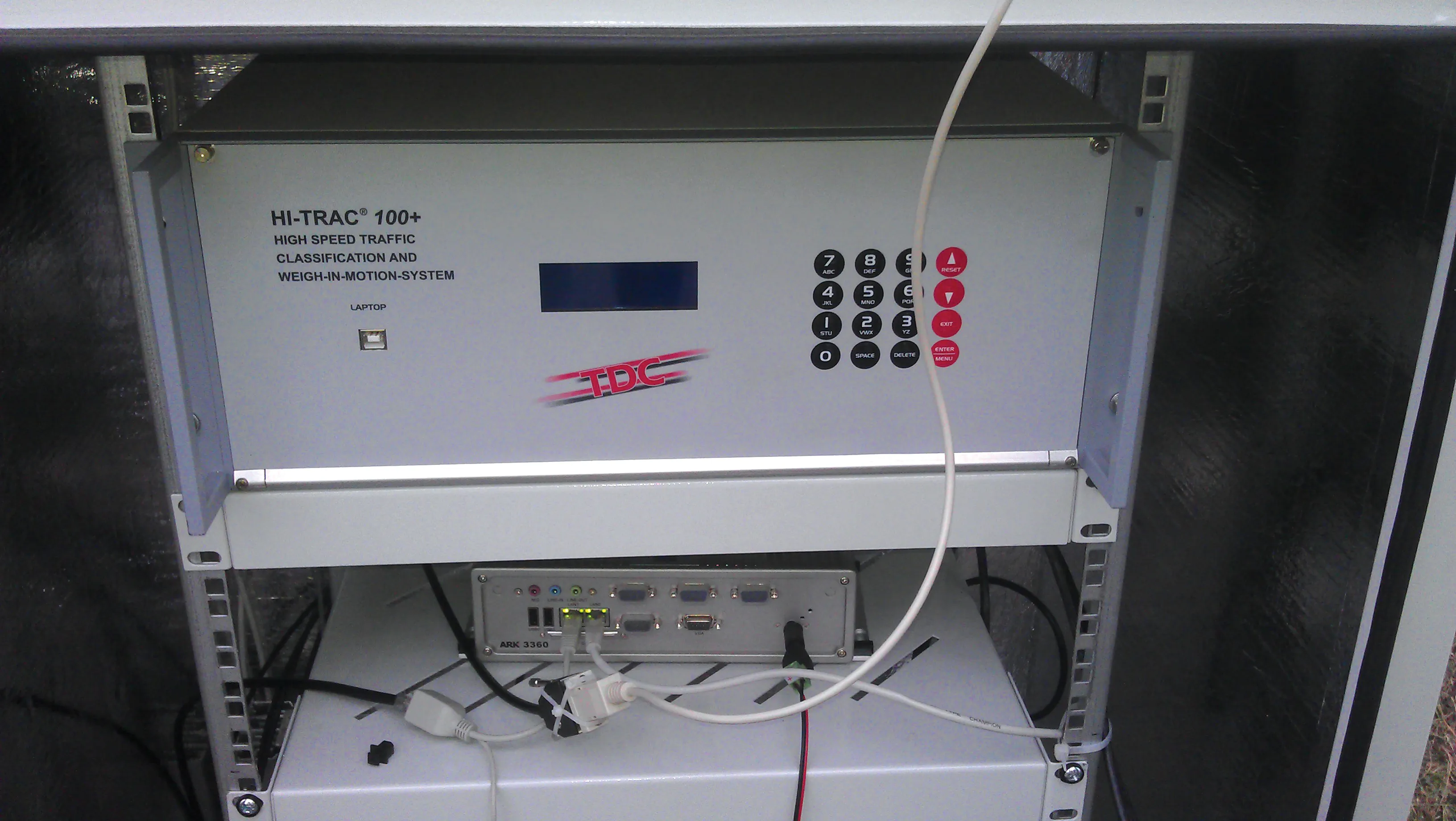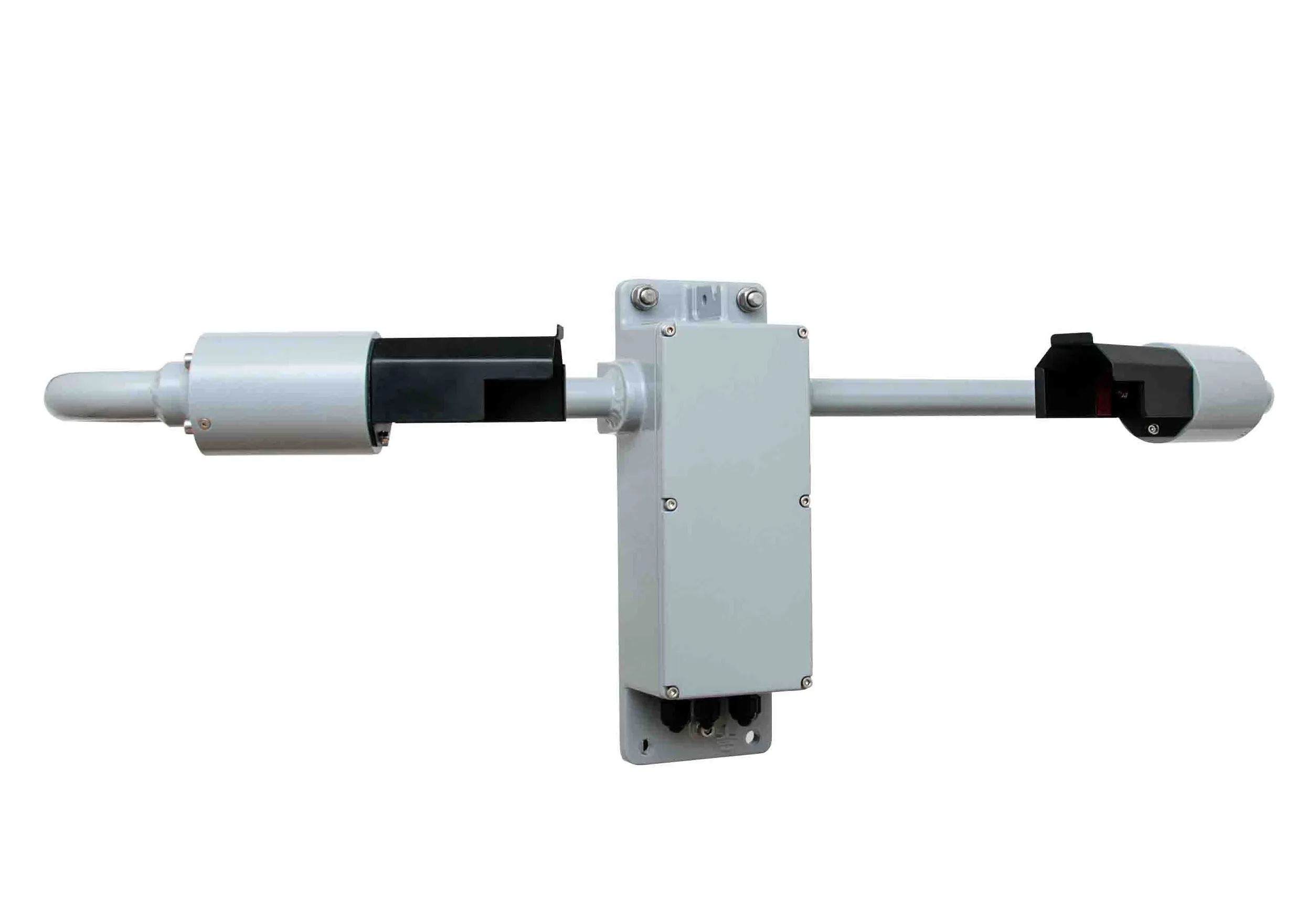A partnership between the VTT Technical Research Centre of Finland, Mobisoft and the Finnish Meteorological Institute and other bodies has developed a communication system for drivers to inform them about weather and road conditions.
March 15, 2012
Read time: 3 mins
A partnership between the 7108 VTT Technical Research Centre of Finland, 3964 Mobisoft and the 3966 Finnish Meteorological Institute and other bodies has developed a communication system for drivers to inform them about weather and road conditions. This innovative system is intended to prevent serious or fatal accidents and it should be ready for the market in the next few years.
When there is snow or ice on the road, the risk of an accident is increased by a factor of 4.1 compared to normal conditions, according to research conducted at the Tampere University of Technology.
VTT and the Finnish Meteorological Institute have jointly developed a vehicle and traffic communication system aimed at improving traffic safety, under the international WiSafeCar project and with support from partners. This communication system was developed with Finland’s challenging climate conditions in mind. It allows vehicles to transmit traffic and weather observations to a traffic service centre, where the data is analysed and conveyed to other vehicles on the road, together with information on road conditions. The system also alerts drivers in case of imminent danger of an accident due to slippery road.
Co-operative driving, where vehicles and intelligent transport systems communicate and change information with each other, is becoming more common; it is estimated that such systems will become a standard feature between 2014 and 2030. Development is brisk, particularly in Europe, the USA and Japan. The system designed by the Finnish organisations described here differs from others in its holistic approach and in providing drivers with real-time information on weather and road conditions. The project involved testing short-range data transfer compliant with the IEEE 802.11p standard, and long-range communication based on a mobile phone network.
This is thought to be the first pilot project in Finland to employ both mobile radio technologies at the same time. VTT’s role in the project is to develop a collaborative, content centric vehicle network and sensor technology for monitoring road conditions.
Mobisoft is the project co-ordinator and is also developing the back-office system for traffic services. These results are integrated into the vehicle computers of Sunit. The Finnish Meteorological Institute is developing the road weather service for the system, and is also contributing to the design of the inter-vehicle information network architecture.3967 Taipale Telematics is evaluating measuring methods and investigating how they can be used on board and for producing data on road conditions. 3968 Infotripla combines the traffic data into real-time information of the situation which is transferred to the data systems of the vehicle.
The WiSafeCar project involves 9 research organisations and companies in Finland, Luxembourg and South Korea; the project was started in 2009 and ends in March 2012. Total budget of the project is €5.9 million. The project belongs to the Eureka-CELTIC programme, whose national funding provider in Finland is the Finnish Funding Agency for Technology and Innovation3969 Tekes. Commercialisation of the project results has been launched with traffic services development, and more results will be forthcoming over the next two years. The project consortium will continue to disseminate the results under a new project, CoMoSeF. The main purpose here is to halve the current cost of the vehicle system (€1,000–5,000).
When there is snow or ice on the road, the risk of an accident is increased by a factor of 4.1 compared to normal conditions, according to research conducted at the Tampere University of Technology.
VTT and the Finnish Meteorological Institute have jointly developed a vehicle and traffic communication system aimed at improving traffic safety, under the international WiSafeCar project and with support from partners. This communication system was developed with Finland’s challenging climate conditions in mind. It allows vehicles to transmit traffic and weather observations to a traffic service centre, where the data is analysed and conveyed to other vehicles on the road, together with information on road conditions. The system also alerts drivers in case of imminent danger of an accident due to slippery road.
Co-operative driving, where vehicles and intelligent transport systems communicate and change information with each other, is becoming more common; it is estimated that such systems will become a standard feature between 2014 and 2030. Development is brisk, particularly in Europe, the USA and Japan. The system designed by the Finnish organisations described here differs from others in its holistic approach and in providing drivers with real-time information on weather and road conditions. The project involved testing short-range data transfer compliant with the IEEE 802.11p standard, and long-range communication based on a mobile phone network.
This is thought to be the first pilot project in Finland to employ both mobile radio technologies at the same time. VTT’s role in the project is to develop a collaborative, content centric vehicle network and sensor technology for monitoring road conditions.
Mobisoft is the project co-ordinator and is also developing the back-office system for traffic services. These results are integrated into the vehicle computers of Sunit. The Finnish Meteorological Institute is developing the road weather service for the system, and is also contributing to the design of the inter-vehicle information network architecture.
The WiSafeCar project involves 9 research organisations and companies in Finland, Luxembourg and South Korea; the project was started in 2009 and ends in March 2012. Total budget of the project is €5.9 million. The project belongs to the Eureka-CELTIC programme, whose national funding provider in Finland is the Finnish Funding Agency for Technology and Innovation









